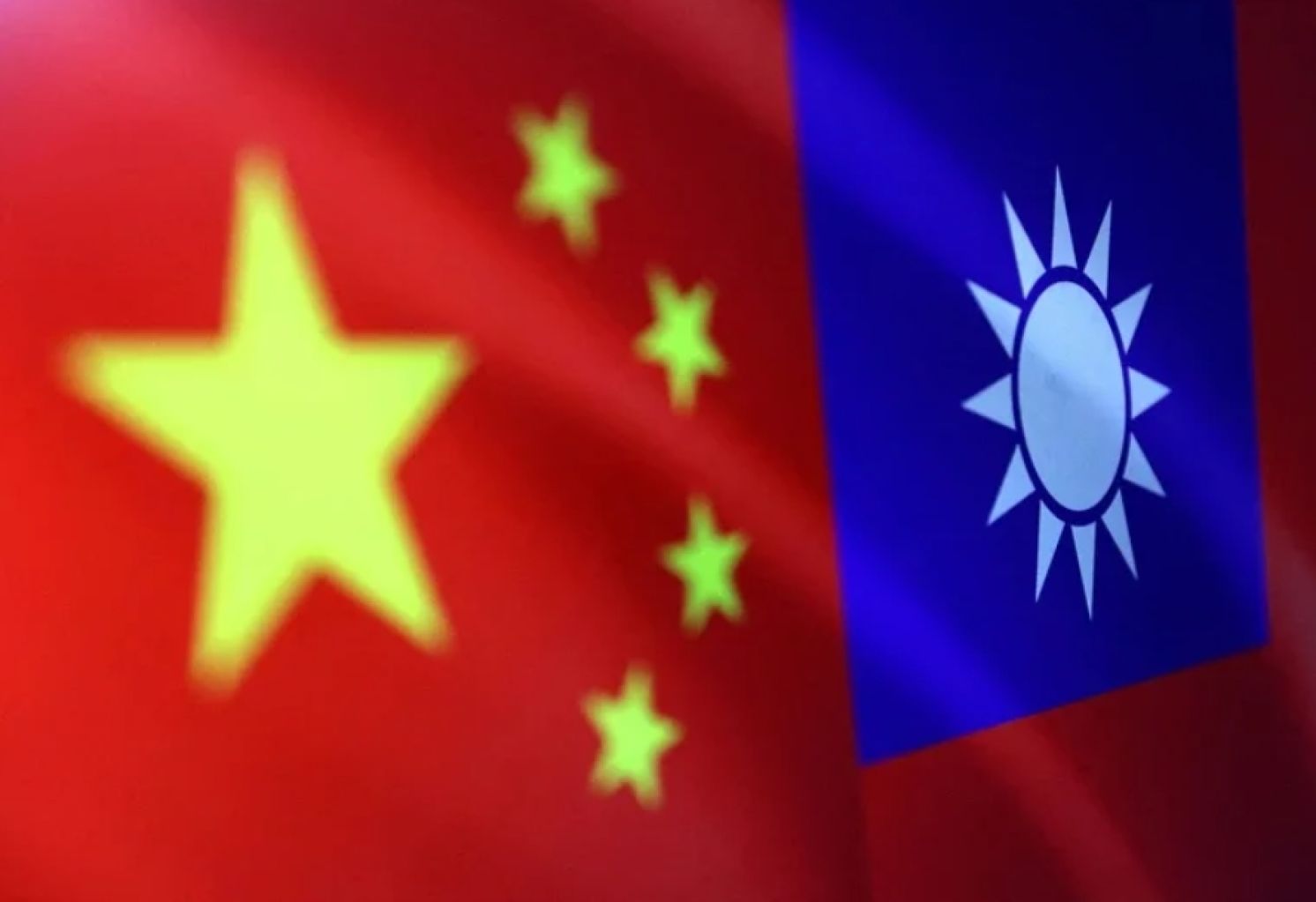
Cognitive Warfare Disguised as Election Campaign
By Liao Yuan-hao
United Daily News, March 27, 2024
In recent years, the Democratic Progressive Party (DPP) administration and its supporters have been advocating for "cognitive warfare." On one hand, they criticize mainland China for influencing Taiwan public opinion through various means, while also accusing many individuals in Taiwan of being "local collaborators" in China's cognitive warfare efforts. Even after the presidential election, legislators still question the Minister of National Defense, demanding definitions and measures to deal with these collaborative efforts. Recently, there have even been claims in a book that the plagiarism incident involving Lin Chih-chien's master thesis was a "miscarriage of justice," and unbelievably, it also brought up China's cyber army's cognitive warfare tactics. In the midst of these alarming developments, what exactly is "cognitive warfare," and how is this "war" fought?
This brings to mind an article by the renowned writer Susan Sontag in the New York Times titled "The Real Battles and the Empty Metaphors," published on the eve of the anniversary of the September 11 terrorist attacks. At that time, I was in the United States and was deeply moved after reading it. Among the many commentaries in the mainstream media since the September 11 attacks, Sontag's piece was the most classic and insightful, finally reflecting the sentiment of some liberal intellectuals.
According to Songtag, Americans have been talking about the "war on terror," which is essentially a linguistic game meant to create a certain image—of unity, mourning, revenge, and anger. As the article aptly puts it, "War is something one wages, and then it's over. But 'the war on terror' is not like that. It's a metaphor. It's abstract." When we describe these actions as "wars," what we are actually seeking is "power"—give me (the government) the power to do what I want to do, and do not challenge me. The United States constantly draws parallels between these “wars” with "Pearl Harbor" and the "Civil War," yet both of those were clearly defined wars with a beginning and an end. "The war on terror" is not. Using the term "war" allows them to suppress all criticism and dissenting voices. Sontag believes that the United States has a deep anti-intellectual tradition, and the brutal attacks of September 11 made it even more difficult for Americans to reflect. Therefore, leaders have an excuse to use meaningless slogans and words to talk nonsense while simultaneously suppressing criticism—reflection is dissent, and dissent is unpatriotic!
Taiwan's "cognitive warfare" and America's "war on terror" share a similar irony: both employ the term "war," but it is unclear when these "wars" begin or end, and both use it to accuse anyone criticizing the government (the Minister of National Defense defines one who disseminates "speech unfavorable to us is advantageous to the other side" as someone that may be a local collaborator in China's cognitive warfare); more importantly, both use the term "war" to cover up their misconduct (CIA torture, illegal surveillance of citizens by the National Security Agency).
In theory, Taiwan's proponents of "cognitive warfare" should focus on "counter-cognitive warfare," which means resisting China's attempts to brainwash and influence the Taiwanese people. However, unlike America's "war on terror," these individuals have never dispatched troops across the sea to attack the collaborators of terrorist organizations like Al-Qaeda, with Navy SEALs eventually killing Osama bin Laden.
Taiwan's "counter-cognitive warfare" has never ventured deep into enemy territory to eradicate the root of China's cognitive warfare, instead focusing on dealing with fellow Taiwanese and adopting practices reminiscent of the authoritarian rule of the Kuomintang (KMT) era that labeled dissenters as "trio-enemies."
Why? Because "cognitive warfare" is more abstract and hollower than the "war on terror." Terrorist attacks are visible. However, in supposedly free Taiwan, using "ideas" and "views" to persuade and influence people is a normal and constitutionally protected "democratic process." We cannot prohibit speech based on the correctness of viewpoints, nor can we suppress people's freedom to speak based on their identity. Ideas can compete and engage in dialogue, and there are no "enemies" to be eliminated. However, "war" presupposes enemies, so who are the enemies? Which arguments are "unfavorable to us"? Who is "us"?
In summary, anyone unfavorable to the DPP is considered a local collaborator; the DPP is "us," and anyone unfavorable to the DPP is an enemy. Everything is just paving the way for the DPP's next "election battle" – intimidating critics and distorting people's perceptions, all to consolidate the DPP's rule in a holy war.
(The author is an associate professor in the Department of Law at National Chengchi University.)